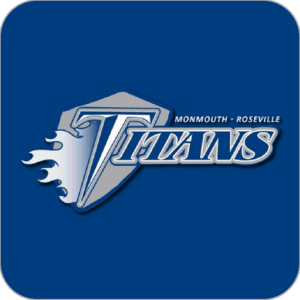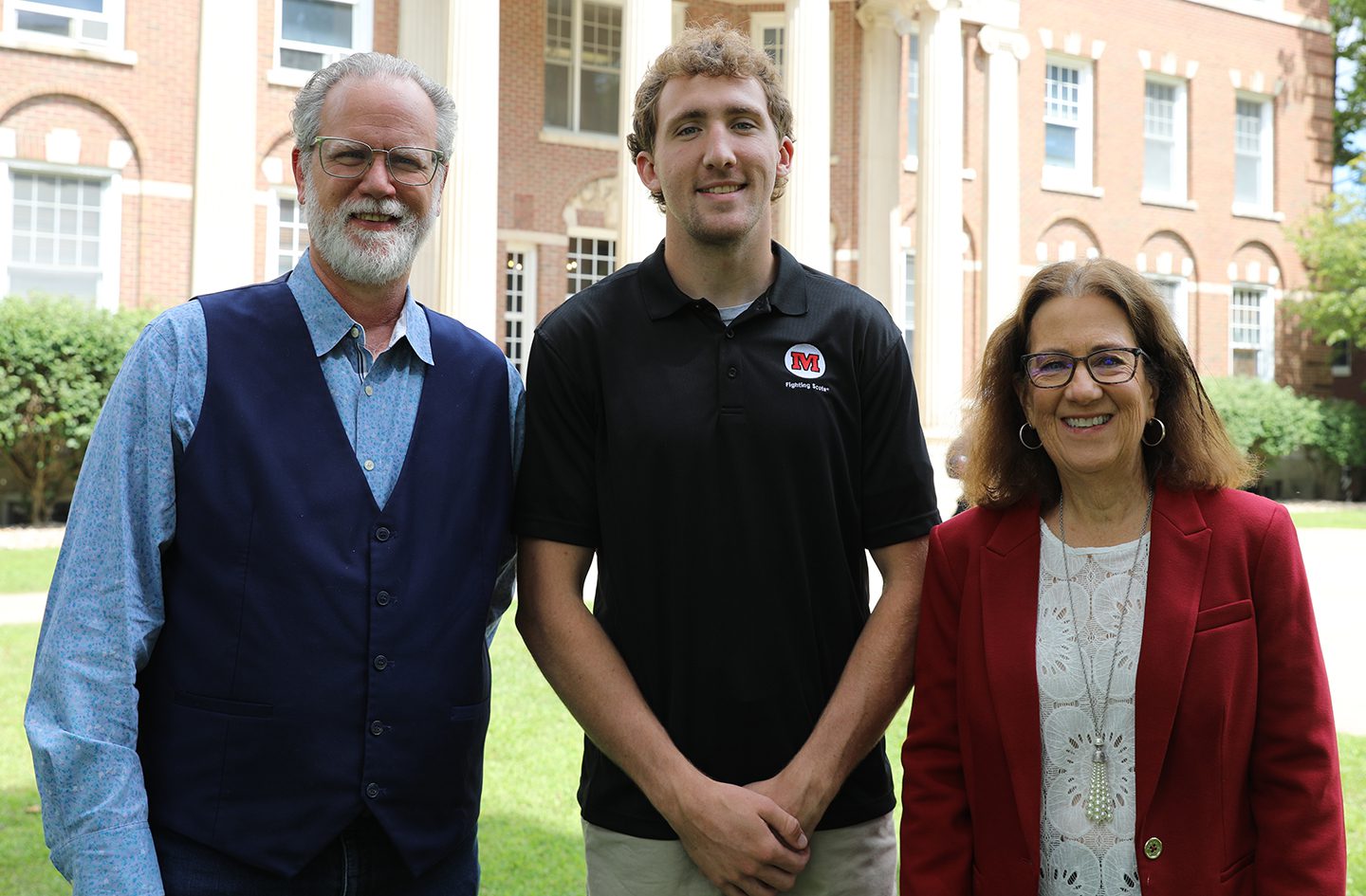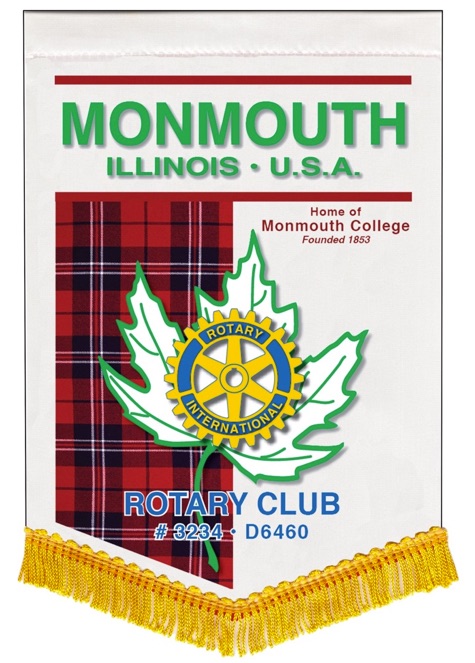Long summer days make it a perfect season for reading, and members of the Monmouth College community have several recommendations to help people fill out their hours.
Among the books recommended are titles connected to the 60th anniversary of the Civil Rights Act, to authors connected to the College and to what Monmouth’s dean and head librarian are reading.
Political science professor Andre Audette suggested that any reader “would do well to pick up a book about the Civil Rights Movement and consider how the lessons can be put into action today.”
“John Lewis’s memoir, Walking with the Wind, would be a fine choice, along with books by Taylor Branch, Jonathan Eig, and Ella Baker & the Black Freedom Movement, a biography by Barbara Ransby,” said Audette.
In keeping with famous federal legislation, Audette said: “It would feel cliche for a political scientist to promote readership of the Constitution, so I will recommend a text that has a full copy of it embedded inside, plus some great context: Kim Wehle’s How to Read the Constitution and Why. A great primer for any political debate.”
Monmouth connections
Audette also suggested a pair of books with Monmouth ties. Board of Trustees member Bradley Nahrstadt ’89 authored Alton B. Parker: The Man Who Challenged Roosevelt in the 1904 presidential election and former political science professor Nathan Kalmoe has written “a fascinating and important book” with Lilliana Mason, Radical American Partisanship: Mapping Violent Hostility, Its Causes, and the Consequences for Democracy.
“As we gear up for what will likely be another contentious election season, this book helps explain the psychology and history behind the partisan divisions that define political life in America today,” said Audette.
Philosophy professor Anne Mamary recommended Diana Abu-Jaber’s The Language of Baklava, “a memoir about Diana’s search for place and identity with her white American mother and Jordanian-immigrant father that reads like a novel.”
“Diana grew up in Syracuse, New York, an hour away from my childhood home. … She described driving in lake-effect snow so vividly, it was as if I were on the road from Syracuse to the North Country in New York state without leaving the house,” said Mamary.
Mamary met Abu-Jaber in 2019 when the author gave the keynote address at a conference held by the College’s Midwest Journal of Undergraduate Research. Isabel Wilkerson also spoke at an MJUR conference, and Audette suggested two of her works “because of how illuminating and skillfully done I found them to be.”
“The Warmth of Other Suns and Caste are brilliantly crafted journalistic studies of, in the first book, the Great Migration of African-Americans from the Jim Crow South to various other parts of the U.S.,” he said. “In the second, of historical race relations in the U.S. having considerable amounts in common with caste dynamics in places like India and South Africa.”
Mamary also suggested Zadie Smith’s White Teeth, which tells the tale of white, working-class English Archie, and his wartime friend, Bangladeshi Samad Iqbal, and their families.
“It is also about what happens when the sun sets on the British Empire and people are trying to figure out what it means to be displaced without moving at all,” said Mamary. “When our former colleague in religious studies, Hannah Schell, came to campus a few weeks ago, she wanted to know if I’d read Zadie Smith’s newest book, The Fraud. I have it in my pile of books to read, so I was really pleased that Hannah, who now works for the National Endowment for the Humanities, gave it such good reviews.”
Mysteries and/or Japanese influences
In his downtime, Dean of the Faculty Mark Willhardt enjoys what he called “popcorn” – mysteries of all sorts.
“I highly recommend British TV host Richard Osman’s Thursday Murder Club mysteries,” he said. “I’m always a big fan of Robert B. Parker’s Spenser novels: the chapters are short, the sentences are punchy and the hero compelling, with a life written out through many, many novels. I also love Janet Evanovich’s Stephanie Plum novels, where the comedy is as pointed as the action and plotting. Finally, there’s nothing like the classics: Hammett and Chandler have a way with mid-century American masculinity and language that’s hard to beat.”
Hewes Library director Sarah Henderson also suggested murder mysteries: A Murder of Quality by John Le Carre and The Devil’s Flute Murders by Seishi Yokomizo. Of the latter book, Henderson said, “The brilliant Kosuke Kindaichi is called in to investigate the death of the composer Tsubaki, patriarch of a once-noble family. I love classic Japanese murder mysteries and can’t wait to dive into this one.”
Physics professor Chris Fasano is reading a book with an idea that he hopes to help put into practice.
“Right now, I am reading something a bit unusual – Radiation Brain Moms and Citizen Scientists: The Gender Politics of Food Contamination after Fukushima by Aya Hirata Kimura,” he said. “This is a study of how the local community members reacted to the 2011 Fukushima accident caused by a massive tsunami.”
Following the accident, concerned citizens – particularly mothers – were unconvinced by the Japanese government’s assurances that the country’s food supply was safe. They took matters into their own hands, collecting their own scientific data that revealed radiation-contaminated food.
“My interest is manifold,” said Fasano. “In particular, I’ve been working on a project that would allow citizen scientists to learn about radiation and nuclear physics by doing nuclear experiments in our nuclear lab. This idea is modeled on the very successful model of remotely controlled telescopes, except it would be remotely controlled experiments in our wonderful nuclear lab.”
Fasano hopes to fund the project through a grant from the Department of Energy, which “would secure more equipment to support the wide use of our lab remotely, as well as research by Monmouth students.”
Ten more recommended titles
Dionne Brand’s Map to the Door of No Return
Robert Dahl’s How Democratic Is the American Constitution?
Felten et al.’s Connections Are Everything: A College Student’s Guide to Relationship-Rich Education
Daniel Mendelsohn’s An Odyssey: A Father, a Son, and an Epic
Madeline Miller’s Song of Achilles
Sy Montgomery’s The Good Good Pig: The Extraordinary Life of Christopher Hogwood
Robert D. Putnam’s The Upswing: How America Came Together a Century Ago and How We Can Do It Again
Mary Renault’s The Mask of Apollo
Bob Smietana’s Reorganized Religion: The Reshaping of the American Church and Why It Matters
You Are Here: Poetry in the Natural World, edited by U.S. poet laureate Ada Limon
***Courtesy of Barry McNamara, Monmouth College***













